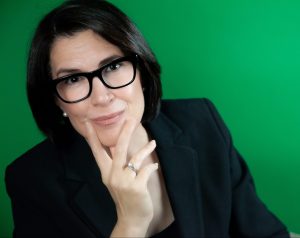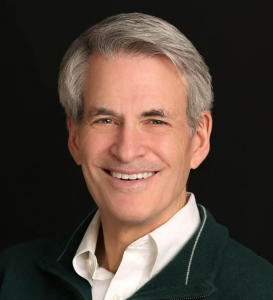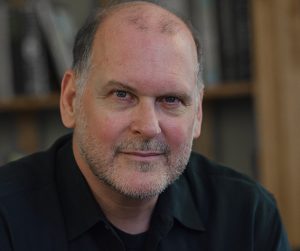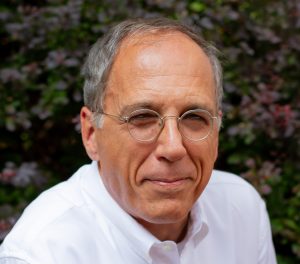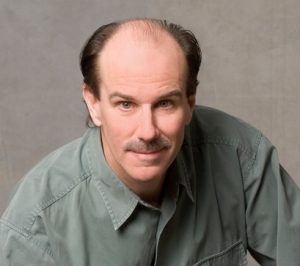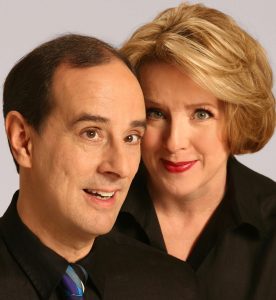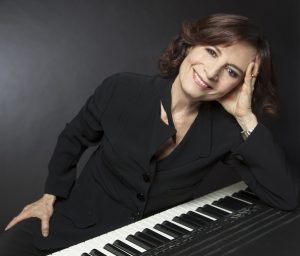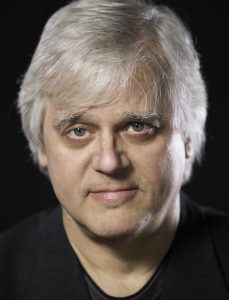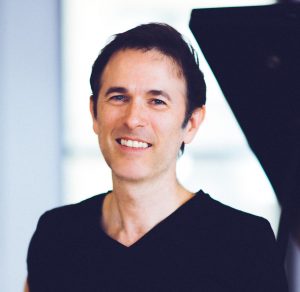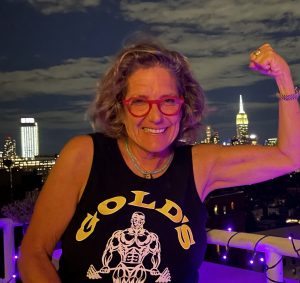More Songwriters Explain How Their Artistry Has Evolved
A few weeks ago, we shared with you the thoughts of four songwriters associated with cabaret: Amanda McBroom, Michael Holland, Tim Di Pasqua, and Joe Iconis. (Read our earlier feature HERE.) They talked about how their ways of working and their ways of getting their songs into listeners’ ears have changed over time. We then called on other songwriters who might want to add their thoughts to the conversation. Specifically, we asked this question:
How has your songwriting life changed since you first began writing–and has it changed primarily because the world (including the music industry and technology) has changed, or because you’ve changed?
Several talented composers, lyricists, and composer-lyricists took the time to share their responses, and we’re very happy to present them to you now.
Meg Flather, singer-songwriter
I released my first album, Wake Up Call, in 1998. Back then, recording a “record” was a much more expensive endeavor. All the instruments were played by human beings in a studio, and recorded to, mixed, and mastered on analog tape. Designing the album art and duplicating the CDs was also a big investment in time and money. Every step of the process held high stakes. I remember saving for years to come up with the $20,000 that that first album cost. And, of course, I had the highest expectations. I thought I could easily send the CD to radio stations and music industry “deciders” to become the next Sarah McLachlan! Not so fast, Meg, not so fast. Twenty-five years later, the advances in technology now allow me to record, design, and release each new song quickly and inexpensively. I am not so precious about it all and have zero career expectations. Like sharing a snapshot with a friend, I now just “throw” my songs out there for whoever will listen. And that part feels really healthy and creatively satisfying.
Michael Colby, lyricist-librettist
When asked “What comes first, the words or the music?”—Richard Rodgers answered, “The check.” Sammy Cahn answered, “The phone call.” For me, the simple answer is “The need.” As a lyricist who can write in any order, I’ve recognized with the passing years how my deep need is to write in any case: to stay in practice and do what I most love. But I also have to be true to what excites me—which is to follow the traditions of the great American popular songbook. I can’t constantly try to remake myself to simulate what’s the current music vogue.
As a musical theatre writer, I’ve had too many Sisyphean experiences to mention. But working alongside my cabaret and theatre mischpoke has reaped many rewards richer than royalties. Despite the roller-coaster ride, I remain grateful to have achieved that.
Tom Toce, songwriter
I was trained in musical theatre songwriting. My first professionally produced work appeared in musicals. Traditional musical theatre songs rely mainly on the AABA form, sometimes ABAB. Very few songs from the Great American Songbook are verse-chorus, which is by far the most common song form used in pop music since the 1950s.
When I first met Andrea Marcovicci and asked her what kinds of songs she liked, she said, “Songs that don’t have choruses.” Choruses are about repetition, which is great for radio play but not so good for pushing the action forward in a show or moving things along in a cabaret setting. To write a good chorus, you need something simple enough to be repeated, but profound or malleable enough to bear being repeated. Choruses don’t come naturally to me, but if I want my songs to land in today’s world, I’ve had to adapt. I still write AABA songs, but I’m aware when I do that the form is old-fashioned, and something (the hook!) may be missing for modern ears.
David Hajdu, composer-lyricist
One of the most dramatic changes I’ve seen over the past several decades is a transformation in our conception of what qualifies as a “standard.” Songs by Joni Mitchell and Bob Dylan are more than 50 years old now. Hip-hop is 50 years old now!
All kinds of songs have survived the vagaries of time and transcended fads, and singers in cabaret and jazz are able to draw from a vast pool of widely varied songs.
This is great for songwriters—it opens up creative possibilities and opportunities for us. I have certainly benefitted, because my songs don’t fit neatly into any one category. Marissa Mulder sings a mournful song of mine about a girl who’s a victim of sexual abuse and commits suicide. It’s not exactly a flag-waver, but it doesn’t sound at all out of place in a show today. We’re living in a wonderfully open era.
Craig Carnelia, composer-lyricist
I have always written what I call “loose songs” (songs not written for a musical), while focusing primarily on theatre projects.
I wrote my first good, loose songs in the early 1970s, before taking a lengthy side-trip to write the last of four musicals that I consider my schoolwork. The first three of these were amateurish. The fourth was professionally written, optioned twice for Broadway, yet inauthentic and heavy-handed.
Coming off that experience, I took a pad and pencil to Riverside Park one summer day in 1976 and free-associated, writing down everything I’d actually like to write about. I wrote a number of those songs, and they got me my first Broadway show, Working.
I have followed that rule ever since. Whether writing musicals or loose songs, I only write about things that excite and fascinate me. I have two new musicals that are looking for a production, one with John Weidman, the other with Joe Tracz. I initiated both projects, and I can honestly say that both are worth the time it has taken to write them.
Anya Turner (singer) & Robert Grusecki (pianist), composer-lyricists
Write, record, perform, and publish. That’s been our process since we started out thirty years ago with a desire to write stand-alone songs that express our contemporary lives and, by doing so, to make something whole out of the triumph and the strife. The world and our lives are changing all the time; the only thing that doesn’t change is our need to write about it.
Together with semi-autobiographical pieces and character studies, we explore such topics as technology, celebrity, sexuality, gender, body image, age, politics, religion, class, money, conformity, romance, love, life, death, and other fun topics.
While the world is whirling around us, we find, in our songwriting life, a calm center, an oasis of stillness in the midst of chaos. Our creative life began as a refuge and a place to reveal who we are. As we say in a song from our new album, Mid-Century Modern, “The sound of my voice, the beat of my heart, the words of my song will tell you everything….”
Michele Brourman, songwriter-singer
I grew up on show tunes and the Great American Songbook, which shaped my early songs at age 13. But everything I heard—from Presley to Previn, from Stravinsky to Loesser—poured into the music that poured out of me. Then, I heard James Taylor, Joni Mitchell, Laura Nyro. I shifted: creating more personal songs, seeking a career as a recording artist.
It almost happened. I had offers from several major labels. But that business was changing. I moved to LA, wrote special material for TV variety shows, composed the dance music for the Broadway production of Working. I’ve written several musicals—two with Amanda McBroom; we also created the songs for 20 animated features for Universal. I’ve written alone and with wonderful collaborators, and I’ve grown with each experience.
As a songwriter, I draw on everything I’ve ever heard and felt, crafting the elements in each song to serve the story, setting, and situation in which that song will live. I love the challenges and changes. What doesn’t change is how much I love writing songs!
Paul Rolnick, composer-lyricist and singer
My songwriting started with a guitar in my hands and a notepad to write down words. Fast-forward to today where I sing an idea into my iPhone and dictate the lyric as a text and send to myself! Then I work it up in Pro Tools. I do embrace the technology! That said…ideas have always come to me. Even in dreams. The idea is everything and always will be.
I wear a lot of hats! Record producer, mix engineer, session singer, songwriter, and occasional performer. Everything I do musically informs everything else. Knowing my way around DAWs [digital audio workstations] is invaluable for the varied work I do in a myriad of idioms. For example, my songs on daytime soaps are tailored to be current Acoustic Americana, Jazz/Pop and EDM [electronic dance music]. Songs written with and for artists are tailored to fit them.
Co-writing is pitch and catch in its most basic form. These days, I co-write a lot on Zoom and FaceTime. Songwriting is a combination of inspiration and perspiration! You need a great idea, and then you need to sweat all the details.
So much has changed with the new technology. But the basics are still the same. There is artistry, craft, and commerce. They are all three always somewhere in the mix in various proportions, no matter what you do.
Wells Hanley, composer-lyricist
Writing songs is hard, or it’s easy. It’s either one or the other, and it’s always been this way. My relationship to the easy part hasn’t changed over the years. I open my ears and heart and wrangle whatever comes through. It’s joyful and uncomplicated.
Four percent of songwriting is like this, and over the years, I’ve gotten better at the other 96 percent. It has nothing to do with the changing industry. For better or worse, I fixed my sights long ago on a distant star and am always working for a singular, perfect expression of light and wonder in every song I write. The changing sounds of pop music and the shifting industry affect me as vapors, cloud covers–now a nuisance, now an alluring shape.
I want to tell the stories of being human. I want us to feel our humanity together. We are each more alike than different, and we matter. Our suffering matters, our joy matters. At the center of town, we meet at the well. We drop the bucket, and we sing together.
Julie Gold, Grammy Award–winning songwriter
I’m as old fashioned as they come when it comes to my songwriting.
My method has always been the same. I must use a pen (I have special pens that I love). I must use a yellow legal pad. I must use a real piano. (I have two!) I must have something to say that’s important enough to document lyrically and musically.
I practice every day of my life… Scales. Arpeggios. My songs. The songs of others…. I practice every day of my life.
For me? The piano is my holy place. My refuge, my escape, my magic carpet.
Sometimes a musical passage magically happens, and I know I have to honor it and expand upon it.
Sometimes I sit with a special lyric, and that lyric in front of me at the piano inspires a melody.
I do believe in the magic of creativity.
Sometimes it’s like the hand of God rests on my shoulder and guides me through the process.
When I’m writing, I’m obsessed with what I’m writing. It’s all I think about, day and night, until I know it’s done.
When it’s done? I kiss the keys and thank God, and hope and pray it will happen to me again sometime.
###
About the Author
Mark Dundas Wood is an arts/entertainment journalist and dramaturg. He began writing reviews for BistroAwards.com in 2011. More recently he has contributed "Cabaret Setlist" articles about cabaret repertoire. Other reviews and articles have appeared in theaterscene.net and clydefitchreport.com, as well as in American Theatre and Back Stage. As a dramaturg, he has worked with New Professional Theatre and the New York Musical Theatre Festival. He is currently literary manager for Broad Horizons Theatre Company.





